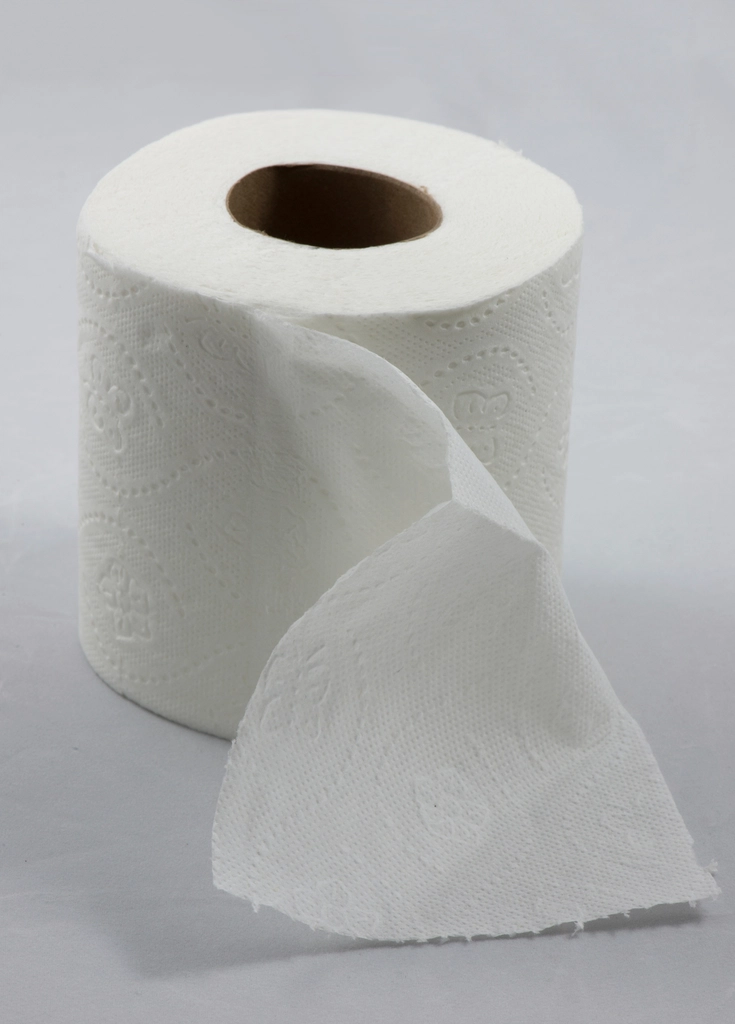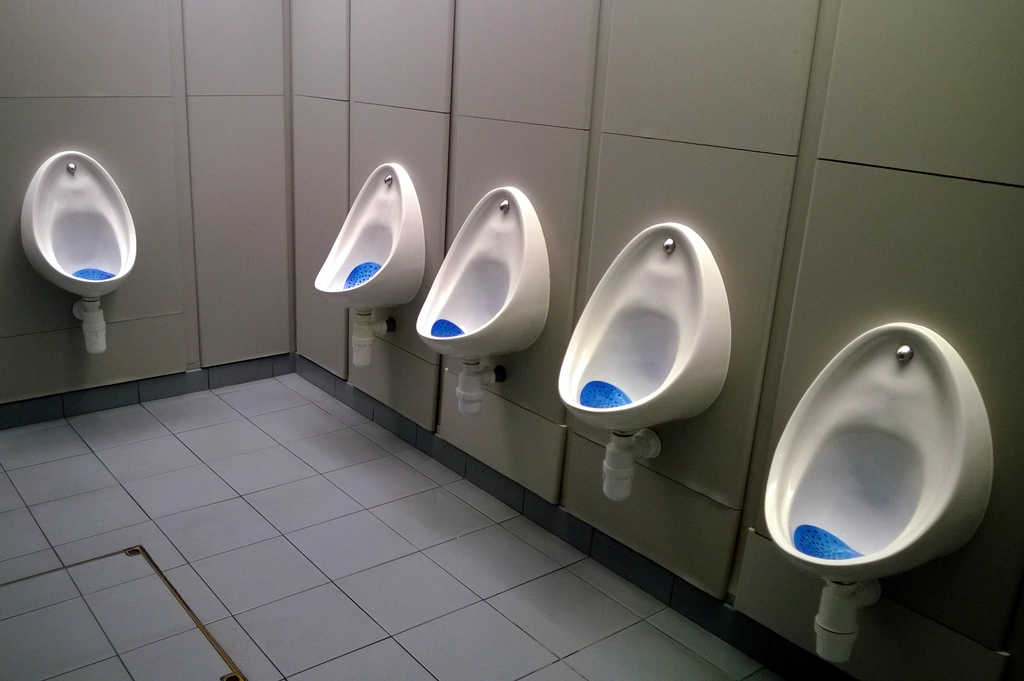Most people don’t think twice about visiting the toilet just to be safe. But could those extra trips be confusing your bladder? Here are 10 important facts that could shift your bathroom routine for the better.
Your Bladder Adapts to Frequent Bathroom Breaks

Peeing when you don’t need to may seem harmless, but over time, your bladder can get used to being emptied prematurely. This leads to more frequent urges and less control.
Listen to Your Body, Not the Clock

Going by schedule instead of sensation might sound like smart planning, but it can condition your bladder to expect routine emptying even when it’s not necessary.
Over-Peeing Can Reduce Bladder Flexibility

Your bladder is like a balloon. If you keep deflating it before it’s full, it gradually loses its ability to stretch and hold more, which can trigger urgency too soon.
Eight to Ten Trips a Day Is Usually Normal

Bladder frequency varies from person to person, but most healthy adults urinate around eight times a day. Up to ten can still be considered within the normal range.
Exceptions Exist for Certain Medical Conditions

People with bladder disorders, diabetes, or neurological diseases may need to urinate more frequently. For them, different patterns are expected and should be discussed with a doctor.
You Can Retrain an Overactive Bladder

If your bladder feels like it’s in control of your life, don’t worry. Bladder training can help extend the time between bathroom visits and restore normal function over time.
Overactive Bladders Are Especially Common in Women

Older women are more likely to experience frequent and urgent urination, often due to hormonal changes, infections, or pelvic floor issues. But men can also be affected.
Holding It Is Not Dangerous – Within Reason

It’s perfectly safe for most people to delay urination now and then. As long as you’re otherwise healthy, occasional holding won’t harm your kidneys or urinary system.
Preemptive Peeing Is Okay – Sometimes

Before a long road trip or a flight, it’s understandable to visit the toilet even if the urge isn’t strong. Just avoid making it a regular habit if you’re not actually full.
Bladder Capacity Varies Between Individuals

Most bladders hold between 300–500 ml of urine, but size and sensitivity differ from person to person. What’s normal for you might not be the same for someone else.
This article is based on information from Videnskab.dk
